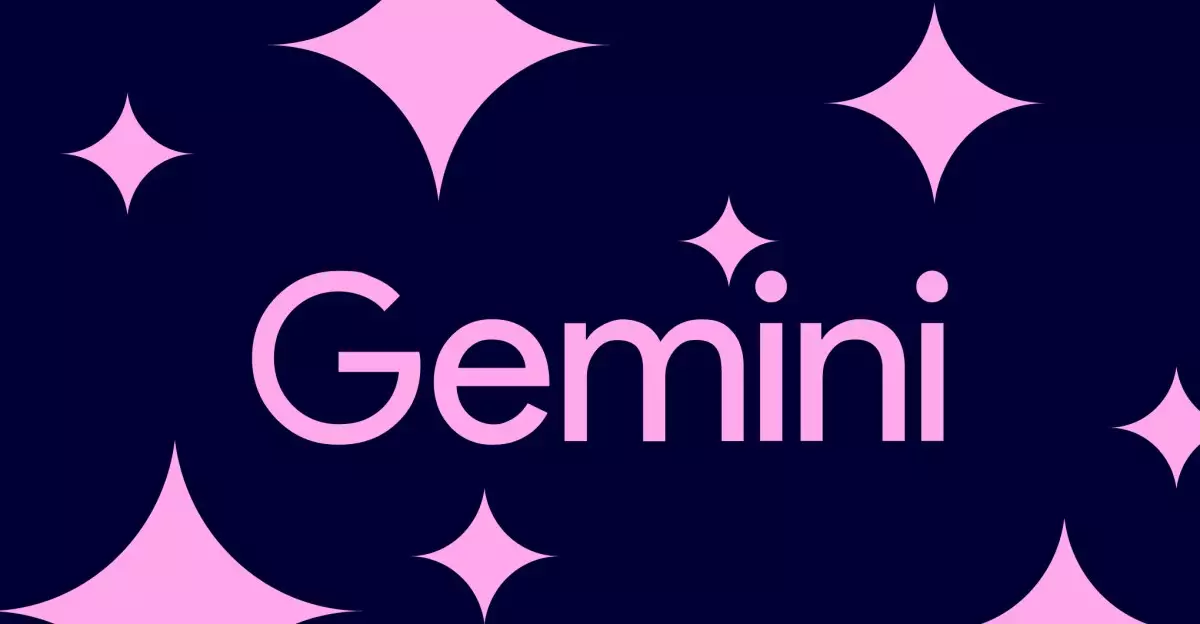Google is making waves in the realm of digital education by rolling out its Gemini applications, poised for children under 13 who have managed family accounts. This revolutionary step represents more than just the introduction of new technology; it symbolizes a transition in how we can harness Artificial Intelligence (AI) to enhance learning experiences for younger users. With its partnership with parents through Family Link, Google is navigating the often treacherous waters of child safety and technology use with increasing sophistication.
Nurturing Learning Through AI: Benefits and Applications
The promise of Gemini lies in its potential to assist children with homework and offer engaging storytelling experiences. Imagine a child struggling with math, who can turn to an AI companion for assistance, or a young reader who gets captivated by vibrant narratives read aloud by an AI. Such applications not only foster educational growth but also cater to the natural curiosity and creativity of children. By leveraging technology, Google is positioning itself as an ally in the educational journey of children, instilling a sense of empowerment and resourcefulness that aligns with today’s tech-savvy environment.
Addressing Parental Concerns: Communication is Key
Nonetheless, this initiative does not come without its challenges. Google has been proactive in alerting parents of potential pitfalls associated with these AI systems. The company is transparent about the fact that Gemini apps may sometimes present inaccuracies—a critical point that cannot be overstated. Furthermore, real conversations must happen about how AI operates. Parents are urged to dialogue with their children about the distinction between AI and human interactions, emphasizing privacy and online safety. The platform’s awareness of such issues mirrors a growing responsibility amongst tech giants to consider the implications of their inventions on younger audiences.
The Dark Side of AI: A Cautionary Tale
However, historical examples serve as stark reminders of the darker side of AI interactions. Some users of similar platforms have reported difficulty distinguishing between AI chatbots and human beings, leading to alarming encounters with inappropriate content. Google’s acknowledgment of such risks, alongside their recommendations for parental oversight, signifies an important step towards accountability in the tech industry. But are these measures sufficient? As AI continues to evolve, establishing robust safety nets becomes increasingly paramount, illustrating the inherent tension between innovation and security in the tech landscape.
Charting a Safe Path Forward
Looking ahead, the future of AI in education, particularly for vulnerable demographics like children, hinges on a carefully treaded path. Google has taken commendable steps in instituting parental controls and promoting parental engagement through advice and guidelines. Yet the conversation surrounding AI’s role in children’s lives should not end there. As AI technology advances, continuous assessments and updates will be crucial to ensure a safe and enriching environment for young learners. The balance between empowerment and protection will dictate the success of initiatives like Gemini and their long-term impact on children’s education.


Leave a Reply